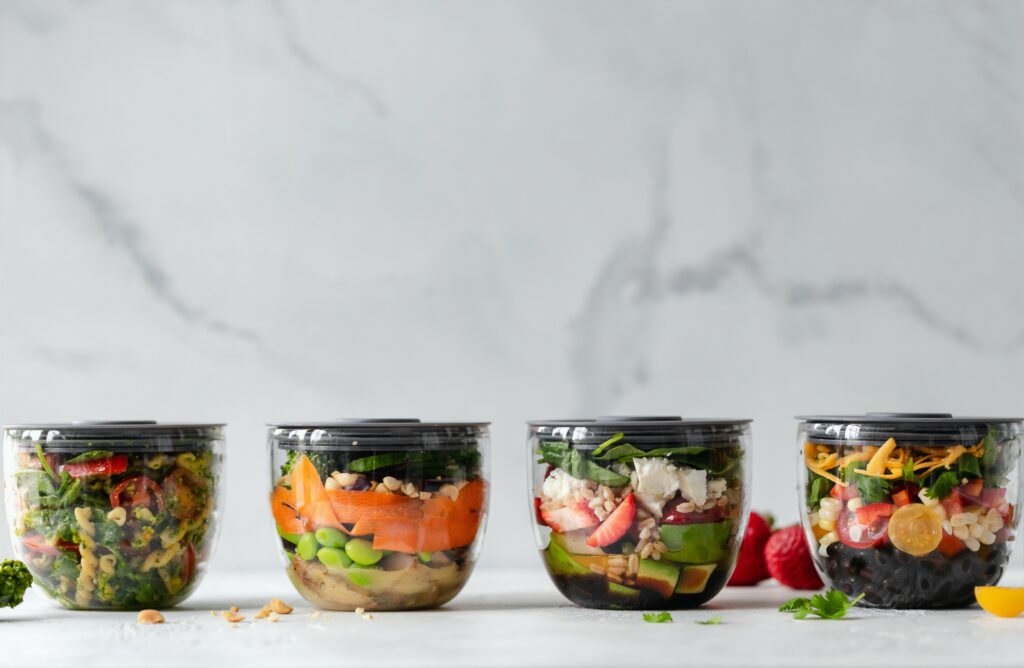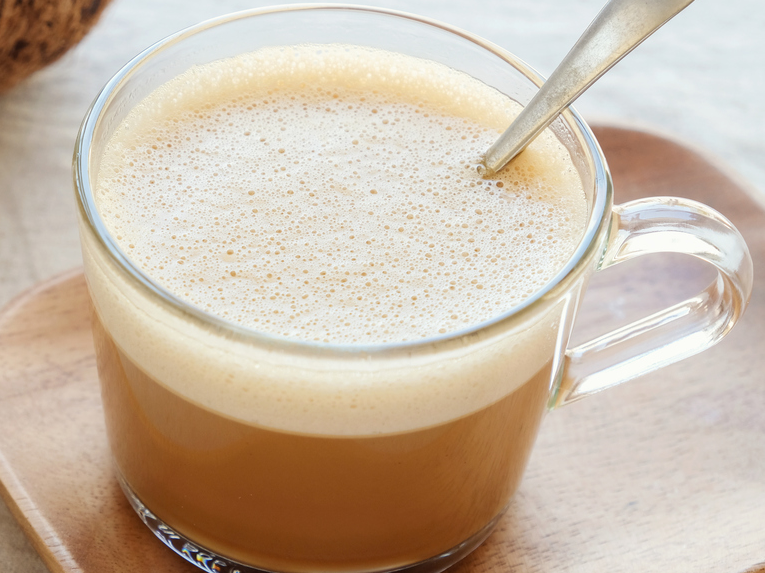When I wrote my second book The Natural Makeover Diet years ago, I included a section in the book that detailed how “you are only as healthy as your pipes”. In other words, you are only as healthy as you are absorbing, digesting and excreting. Symptoms such as bloating, reflux, stomach aches and constipation are not normal and are often a sign that your digestive system needs some extra care. In fact, the digestive system is one of the body’s “master” systems and is integral to skin, immune system, mood and energy and even for weight loss.
WHAT IS THE MICROBIOME?
The microbiome refers to the collection of microorganisms present in a person’s intestines. These microorganisms include bacteria and fungi. Having a diverse range of “good” gut flora benefits a person’s health. However, gut flora can become less diverse and less beneficial for many reasons.
WHAT CAN AFFECT YOUR MICROBIOME?
Unfortunately, there are several factors in today’s world that can be detrimental to the state of your microbiome. They include:
- The standard North American diet filled with refined flours, sugars, hydrogenated fats and foods laden with chemicals.
- Lack of fruits and vegetables in the diet. Fresh fruits and vegetables contain fiber, polyphenols and anti-oxidants that the “good” bacteria love to feed on.
- Over usage of anti-biotics
- An excessive consumption of alcohol
- High levels of chronic stress
- Dehydration
7 STEPS TO IMPROVING YOUR MICROBIOME

The good news is – you can help replenish and repair your microbiome in order to improve your health. While it may take a little bit of time, with the proper steps outlined below– you can take back control of your gut.
- Start your day off with ½ lemon squeezed into 12-16 ounces of water. Lemon is alkaline and is also a natural astringent to the body. In other words – it can help to cleanse the digestive system and the liver.
- Supplement with a high quality, mixed strain probiotic. It is recommended to change your strains from time to time to make sure you diversify and get the benefits from a variety of beneficial bacteria. Probiotics strength are measured in CFU (colonizing forming units). Dosage amounts differ according to your individual needs – but many recommendations are upwards of 20-50 billion to effect change.
- Eat foods that are rich in pre-biotics. Pre-biotics are fibers that are not digestible by your body, but can help the good bacteria grow in your gut. Examples include onions, garlic, bananas, Jerusalem artichoke, dandelion greens, whole oats and apples.
- Drink 2-3 litres of water per day.
- Eliminate the most common food irritants which include gluten, dairy, corn, soy and all processed flours and sugars. Gluten and dairy free products have come a long way in recent years and there are some wonderful options to choose from (see end of article for a few of my favorite choices)
- Try to reduce stress as much as you can. Stress can dramatically impact the state of the gut micrombiome and how we digest. Whether it is mediation, breath work, exercise, time in nature, journaling or listening to music – find an outlet that helps you relax and let go.
- Watch your coffee intake. Trust me – I love my coffee and I do not want to give it up. But…I enjoy one cup per day in the morning. I start my day off with lemon water and move to a cup of coffee about an hour or two after waking and typically enjoy my java once I have some food in my stomach. If possible, try to buy organic coffee as the coffee crop that is highly sprayed.
Some of my favorite gluten and dairy free brands include
- Gluten free bagels – Odough bagels
- Gluten free crackers – Mary’s gone crackers , RW Garcia Snacks
- Gluten free bread – Little Northern Bakehouse , Schar bread
- Non dairy cream cheese – Daiya cream cheese
- Non dairy feta cheese – Earth Islands feta cheese
For a selection of gluten and grain free flours, click here.




